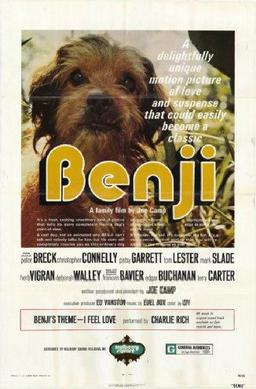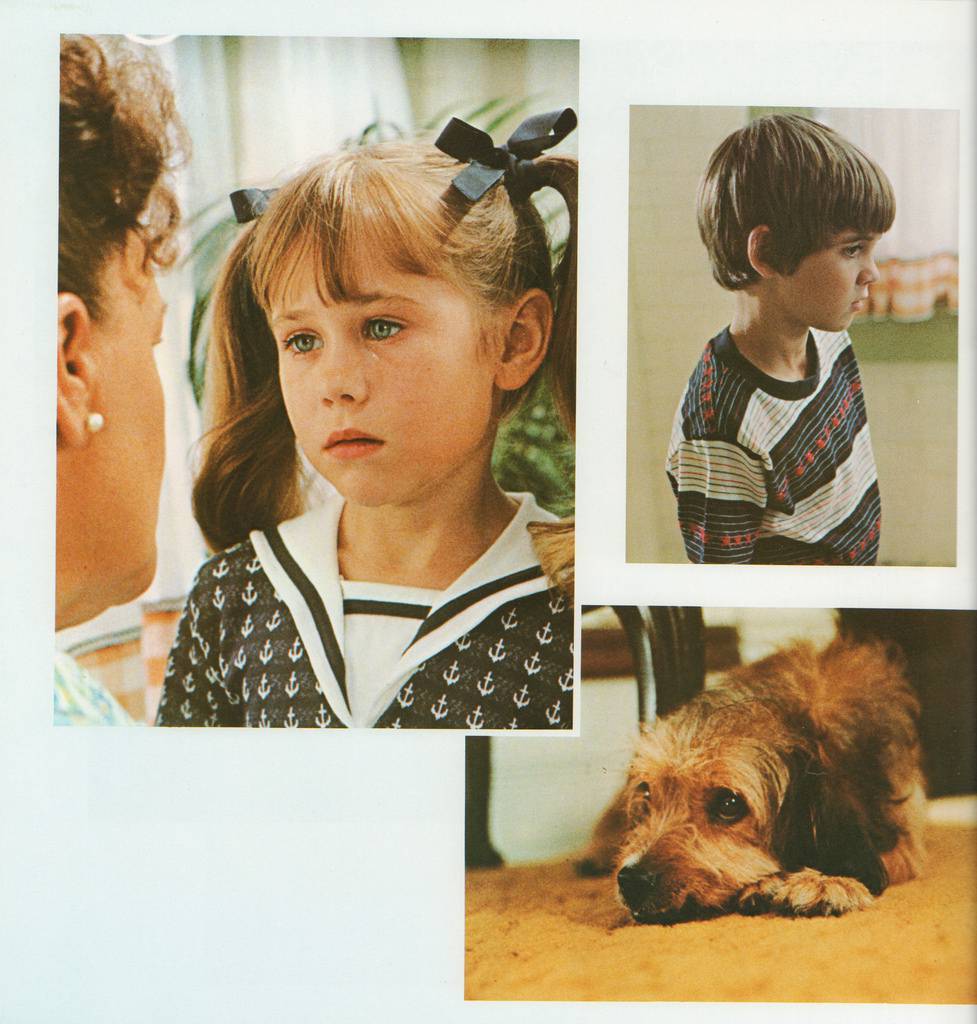Ready Player One (2018)
Directed by Steven Spielberg
Screenplay by Zach Penn and Ernest Cline
Music by Alan Silverstri
Edited by Sarah Broshar and Micheal Khan
Cinematography by Janusz Kaminski
Starring Tye Sheridan, Olivia Cooke, Ben Mendolsohn, Lena Waithe, T.J. Miller, Simon Pegg and Mark Rylance
Originally released March 29th, 2018.
As many of you already know, or may have guessed, I am a profoundly big fan of the 80's. Not just one specific feature of the decade, but the whole damn thing. This love covers all of my interests. I collect
Life magazines from the decade. I have an encyclopedic knowledge of 80's film and television. My favourite genre of music is a small sub section of the English side of 80's
new wave called
Sophisti-pop. Hell, I often dress like it's 1988 and I've just dropped the kids off at soccer practice and am heading to the A&P for groceries. In other words, I am a massive nerd. Just a big raging ball of dork. I'm not trying to brag. I'm the first to admit that my obsessive interest in a fucking decade is extremely uncool and nothing to brag about. I almost never have an opportunity to apply this knowledge anywhere. Most of the people I interact with on a regular basis couldn't give two shits about Shermer, Illinois, or the evolution of
Ted Danson's haircut over the course of
Cheers' syndication. For me, it's generally wasted brain space.
Ready Player One is rare, in the sense that it's new content that gave me the opportunity to nerd the fuck out all over it. It's a computer generated orgy of 80's references intertwined with a future geopolitical collapse fantasy and, just for good measure, video game culture. It jams everybody's least favorite parts of what makes up the Modern American Nerd TM into a periodically entertaining, generally confusing, mostly ok movie that uses stuff you already know and love to draw you in.
It's 2045, and the world very different from the one we're in now. A few years back, a guy named James Halliday created an expansive Virtual Reality universe called the OASIS. Due to over population (and Trump probably), people in Columbus, Ohio live in slumy stacked motor homes called, fittingly, The Stacks. Our hero is Wade Watts, who, like everyone else on the planet, spends all of his time in the OASIS. When the creator died, he left three keys, or easter eggs, in the universe. The person who finds them all will control the entire OASIS. We come in five years after this contest starts. The keys have yet to be found. Wade has dedicated his time to learning as much about Halliday as possible to gain an advantage in his search for the keys, but he's not the only one. There's also a big evil corporation with unlimited resources and a bunch of faceless drones whose sole purpose is to look for the keys. Wade and his rag tag band of digital pals fight the forces of evil to protect their precious OASIS from certain doom. You know, pretty standard hero based quest stuff.
While I was watching, I had to keep having to remind myself that this was a Spielberg movie. Now, he's always been a little hit or miss (*cough**cough*
1941 (1979) *cough*), but ever since
The Lost World: Jurassic Park (1997), the quality of his work has been steadily declining. I grew up on the cream of the crop (
Jaws (1975),
Close Encounters (1977),
Raiders (1981),
Empire of the Sun (1987),
Jurassic Park (1993), just to name a few, obviously). My Dad made sure that the Spielberg I got to know first was the best one. And as a result, he remains one of my favorite Hollywood directors. It's hard not to love his work. His first major motion picture was also the very first film to be described as a block buster! There were literal lines around the block to see this thing! It made adults and children alike irrationally afraid of sharks!
Yellow! Anyway. He's a genius who's rightfully revered is my point. But even geniuses can misstep. And boy does he have a few (re:
1941). I wasn't really surprised that RPO wasn't up to his best standards, but I was still disappointed.
As I was saying, I was hoping to be more impressed with this movie than I was. For the most part, it was unremarkable. The cinematography was largely unimpressive. Nothing special about that script (if anything it felt a little off; very forced in places). The performances are fine. I was searching the whole time a Spielbergian use of color or restricted visual access motif. Sadly, I found neither. I don't even think there was a oner. The complex, dynamic, usually lasting 15 seconds or more single shot that he features in almost all of his movies, regardless of tone. It's perhaps his most quintessential technique. I was watching for it, and as far as I could tell, there was no Spielberg oner. Get the Hell outta here! This could have been directed by anyone else. That being said, there were one or two examples of the result of a symbiosis I first noticed in
The Adventures of Tin Tin (2011). The best thing to happen professionally to Steven Spielberg was a realistic looking fully CG world and vice versa. Giving a filmmaker of that caliber the ability to put the camera anywhere, at any time, in any scenario is a gift from some higher being. The first action sequence that takes place in RPO, in the OASIS, is like mega Mario Kart. It's a massive car race through the VR streets of New York, and it's visually fantastic. I held my breath a few times. The fast pace of the cars is echoed in the way the scene is shot, with lost of sudden zooms or pans to cover all the action. The sound design is also very tight. It's easy to get lost in all those roaring motors, but they manage to hold the focus of the scene really well. Maybe it's because it's based on a book; maybe it's the complexity of the universe, but the exposition in RPO is some wacky shit. Especially considering who directed it. Spielberg is the master of visual, non-verbal expository story info. But the first five minutes of this movie are just narrated. And not even that well. It's just our boring, nerdy hero telling us point blank about the intervening years between our world and his. As if he knows his audience is coming to the story from 25 years in the past. It seems strange for a movie about an immersive virtual world to keep the audience outside the realm of the movie like that. I understand, from a screenwriting standpoint, how hard it can be to give the audience all the info they need to understand the narrative, but there are more artful ways to do it than the techniques used here. Come on Stevie. You know better.
The corner stone of the nerd community, like most communities, is knowledge. Nerds love to know stuff! Even the really unimportant, minute and frequently boring details about whatever they're into. Whether it's music, movies, sports, professional knitting; there are nerds of all shapes and sizes, and our defining characteristic is to know all the things pertaining to our thing.
Ready Player One is like an ode to the nerd. There are so many opportunities to identify a wide range of references. It's a veritable feast for those of us familiar with 80's pop culture and video games. Those are the primary sources, but there are other content references that pop up. I spent most of the movie searching the crowded scenes, looking for familiar characters or outfits or soft drinks (as much as every 80's themed thing wants
Tab to be like
the drink, I don't think it was as popular as we think it was, because it was gross). The references come at you hard and fast. There's a scene where the main character is going through his digital closet, looking for an outfit for a date. He starts with Prince's
Purple Rain suit, next is Michael Jackson's red leather
Thriller outfit, then there's the quintessential Duran Duran
Girls On Film era off-white slouchy jumpsuit. He settles finally on an outfit from his favorite movie. What is his favorite movie, you ask? Well, hold onto your butts, because this is a nerdy doozy. Fucking
The Adventures of Buckaroo Banzai Across the 8th Dimension (1984). Whose favorite movie is Buckaroo fucking Banzai? I mean, it's a magical intergalactic romp through 1980's camp, and Perfect Tommy is a perfect babe, but good god damn its a very specific choice. Sorry, I know this maybe seems inconsequential, but this got me real fired up. Because I'm a nerd. And the details matter to me.
This was a pretty critical review, but I did enjoy Ready Player One. It was a very fun watch. The action sequences are genuinely entertaining, the soundtrack is absolutely beautiful (shockingly, it's not
John Williams), and the CG is truly baffling. I know it makes me sound out of touch, but holy motherfucking shit I am blown away by modern CG. We are now at the point that, for most things, if you didn't know it wasn't real, you wouldn't know. And I was extremely impressed with that component of this movie. I was just disappointed to not find more of the director in it. Also, the story was so predictable that none of the peril felt genuine. Kind of ruins the suspense to know the heroes will win no matter how many times the villains jump on the back of their van. Anyway. It's worth a watch, but don't pay for it. Maybe wait for the *cough* torrents *cough* to pop up.
***
Hey folks I'm sorry this one was late. I had a busy week. If I was being paid for this, I'd probably be more punctual. But I'm not. I gotta live, ya know? And I had to work pretty hard to separate all my feelings about this to write a fair review. Spielberg and I have a torrid love affair that at it's peak is the first 8 minutes of
Raiders and at it's lowest point is, you guessed it,
1941. Also, I couldn't figure out where to talk about it, but the digital recreation of the Overlook Hotel from
The Shining is absolutely mind blowing and I don't even mind the blatant rip off. It's just super cool.
See you Tuesday! Go see
Deadpool 2 and tell me what you think!
Byyyyyeeeeee :)

















/cdn.vox-cdn.com/uploads/chorus_image/image/59438273/Screen_Shot_2018_04_18_at_1.12.21_AM.0.png)



/cdn.vox-cdn.com/uploads/chorus_image/image/58998145/unnamed_2_1440x810.0.jpg)






